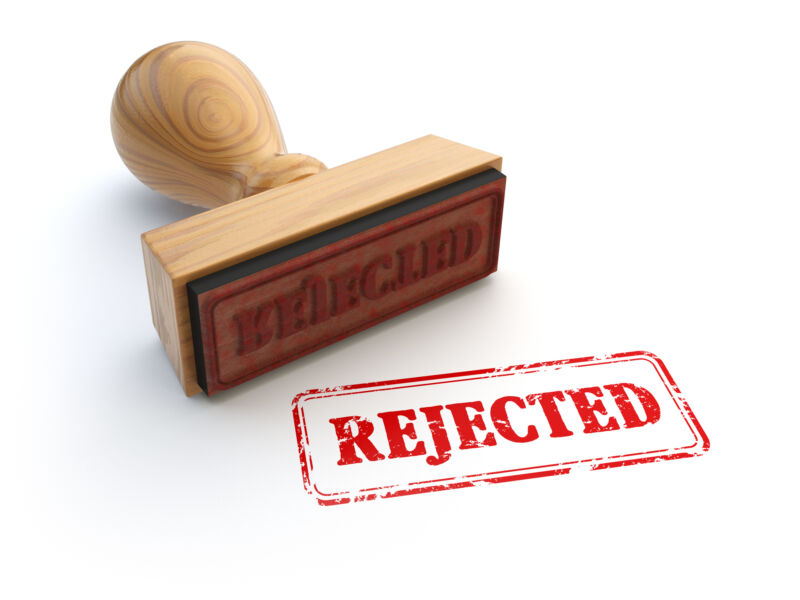
A former Tesla worker who won a racial discrimination case against the company has rejected a $15 million payout and will seek a new damages trial.
A jury had awarded plaintiff Owen Diaz $137 million in October 2021, but in April, a federal judge reduced the payout to $15 million. In that ruling, US District Judge William Orrick rejected Tesla’s claim that it is not liable for the “disturbing” racist abuse suffered by Diaz, who is Black, but found that the jury overreached in its damages calculation.
Diaz had the option of accepting or rejecting the lower payout, and he rejected it in a court filing on Tuesday. The case is in US District Court for the Northern District of California.
“In rejecting the court’s excessive reduction by asking for a new trial, Mr. Diaz is again asking a jury of his peers to evaluate what Tesla did to him and to provide just compensation for the torrent of racist slurs that was directed at him,” Diaz’s lawyer, Larry Organ, said in a statement to Bloomberg. “Mr. Diaz seeks to restore a fair and just punitive damages award that will punish and deter Tesla for the racist conduct to which Mr. Diaz was subjected and to prevent future harassment from occurring.”
Judge: $137M award wasn’t supported by the evidence
The jury awarded Diaz $6.9 million in compensatory damages and $130 million in punitive damages, and Orrick reduced that to $1.5 million in compensatory damages and $13.5 million in punitive damages. The judge wrote that $1.5 million in compensatory damages is “the highest award supported by the evidence” and that the punitive damages can be nine times that amount based on US law.
In rejecting Tesla’s claim that Diaz suffered only “garden variety” emotional distress that was “fortunately mild and short-lived,” Orrick wrote that the evidence of racist abuse “was disturbing.”
“The jury heard that the Tesla factory was saturated with racism. Diaz faced frequent racial abuse, including the n-word and other slurs,” Orrick wrote. “Other employees harassed him. His supervisors and Tesla’s broader management structure did little or nothing to respond. And supervisors even joined in on the abuse, one going so far as to threaten Diaz and draw a racist caricature near his workstation.” Diaz operated a freight elevator and worked at Tesla’s Fremont factory for nine months starting in June 2015.
Orrick held firm in his decision to lower the award in an order on June 7. Diaz had filed a motion seeking certification of the post-trial order for an interlocutory appeal, but Orrick wrote that Diaz “has not identified a controlling question of law appropriate for immediate appellate review.”
“My analysis of the compensatory damages zeroed in on the particular facts elicited at trial,” the judge wrote. “The analysis of future damages, in fact, was entirely focused on the (lack of) evidence at trial.” The jury’s award of $6.9 million in compensatory damages included $4.5 million in past compensatory damages and $2.4 million in future compensatory damages.
New trial is risky for Diaz
Orrick’s order also warned that an appeal would delay the resolution of the case without much chance of changing the outcome:
I am firmly convinced that the damages award (compensatory and punitive) was excessive. If I saw substantial grounds for a difference of opinion, I would not have issued the remittitur [that reduced damages]. And I have no doubt that certifying this issue would further delay resolution of a case that is already five years old. No factor suggests that interlocutory appeal is appropriate.
Diaz’s motion seeking certification for an interlocutory appeal also pointed out that his other options are risky and time-consuming. “[I]n the absence of certification by this Court and the Ninth Circuit, the only way Diaz can appeal the Court’s compensatory damages remittitur (other than by writ of mandamus) is to demand a new trial on damages, conduct such a trial, litigate a second round of post-trial motions, and then appeal upon entry of a final judgment (after running the risk of another remittitur),” Diaz’s motion said.
Tesla is separately facing seven lawsuits from women who allege the company failed to stop rampant sexual harassment at factory facilities in Fremont, California, and service centers in the Los Angeles area. In the first of those cases, an Alameda County Superior Court judge ruled in May that Tesla can’t force plaintiff Jessica Barraza into arbitration.
In another lawsuit filed Sunday, laid-off Tesla workers accused the company of violating US law by failing to provide notice before a mass layoff. The former employees say they are entitled to 60 days of pay and benefits under the requirements of the Worker Adjustment and Retraining Notification (WARN) Act.
https://arstechnica.com/?p=1862278

